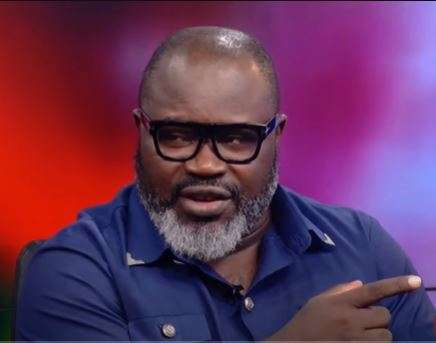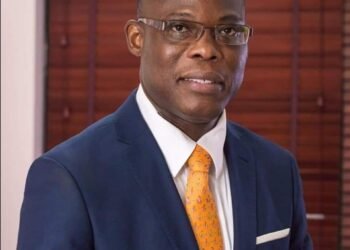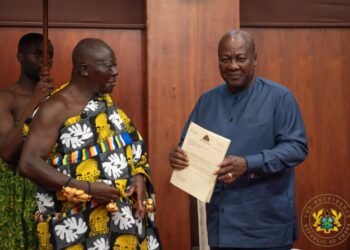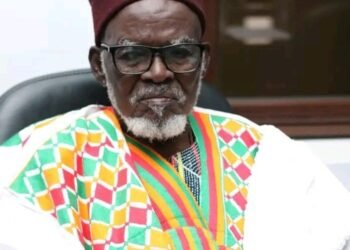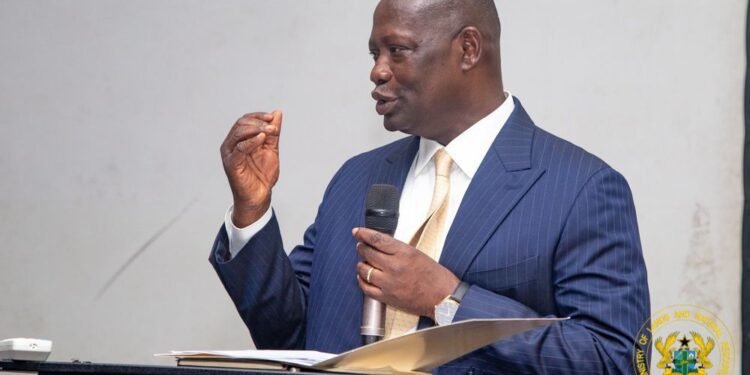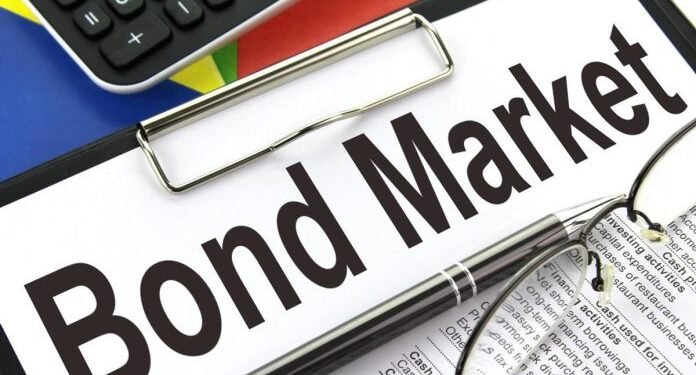Kofi Asare, a Member of the National Education Forum Planning Committee has emphasized the need for greater public appreciation and participation in Ghana’s education policy planning.
Speaking at the Western and Central National Education Forum session held at the Graduate Studies Auditorium of the University of Cape Coast (UCC), he outlined the significance of ongoing efforts to shape the next phase of the country’s Education Strategic Plan (ESP).
According to Mr Asare, Ghana’s education sector is guided by a comprehensive Education Strategic Plan (ESP), which spans from 2018 to 2030.
“We are governed by an education strategic plan. The plan was drawn for 2018 to 2030. It’s a twelve-year plan. Within this plan are three medium-term plans, four years, four years, and four years. The first one was from 2018 to 2021.
“The second medium-term plan was from 2022 to 2025. This year marks the end of the second medium-term plan. There’s only one more plan to take us through the end of the ESP and by extension the SDG finish line by 2030”.
Kofi Asare, Member National Education Forum Planning Committee and Executive Director for Africa Education Watch (EduWatch)
Kofi Asare, who is also the Executive Director of Africa Education Watch (EduWatch), disclosed that the National Development Planning Commission (NDPC), in collaboration with the Ministry of Education (MoE), has initiated a review process for the education sector’s medium-term plan for 2025.
This effort according to him involves multiple stakeholders conducting research and consultations to inform the next phase of Ghana’s education policy.
“The NDPC has initiated efforts to review the education sector medium-term plan for 2025, and the Ministry of Education is also involved. Various actors within the policy space are conducting research to feed into the next medium-term plan”.
Kofi Asare, Member National Education Forum Planning Committee and Executive Director for Africa Education Watch (EduWatch)
As part of this review, Kofi Asare noted that the National Education Forum Planning Committee has been tasked with mobilizing public opinions and building consensus on the approach the government should adopt in addressing key challenges within the sector.
He emphasized that the process is not merely an academic exercise but a crucial part of national policymaking.
“Our output will organically feed into the medium-term plan from 2026 to 2029. This work is very important because the medium-term plan is linked to the broader National Development Plan, which is led by the NDPC”.
Kofi Asare, Member National Education Forum Planning Committee and Executive Director for Africa Education Watch (EduWatch)

Ensuring Stakeholder Participation in Education Policy Planning
One key aspect of this initiative, Kofi Asare noted, is the active involvement of various stakeholders, including educators, civil society groups, and the general public.
The goal is to ensure that the final policy framework reflects the diverse perspectives and needs of Ghanaians.
“We have been tasked as a committee to mobilize opinions and build consensus around the approach the government should adopt in addressing key issues in the sector. The President has tasked us to develop a policy framework and an action plan for implementing validated proposals gathered from the zonal consultations”.
Kofi Asare, Member National Education Forum Planning Committee and Executive Director for Africa Education Watch (EduWatch)
This approach, he explained, is vital in ensuring that the final phase of the ESP aligns with the needs of Ghanaians while addressing systemic challenges that may not have been previously considered.
A notable aspect of Kofi Asare’s speech was his assertion that the education policy review process should not be limited to the ruling government’s manifesto.
While political manifestos outline the priorities of ruling parties, he believes that broader public engagement is necessary to develop a more inclusive and effective education policy.
“We appreciate that there is a manifesto of the ruling government. Normally, manifestos are developed by political parties to be voted for on the basis of their vision. But this process is aimed at gathering opinions and proposals that may not have been captured in the government’s manifesto”.
Kofi Asare, Member National Education Forum Planning Committee and Executive Director for Africa Education Watch (EduWatch)
Kofi Asare underscored the importance of encouraging citizens to contribute their ideas and suggestions for improving education quality and access.
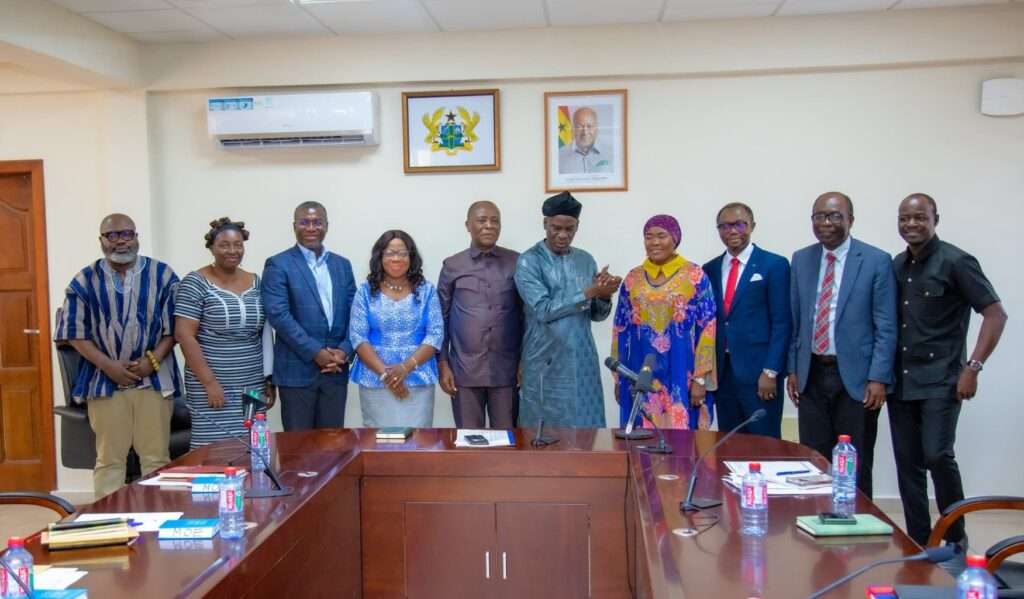
He believes that this open consultation will lead to a more holistic and sustainable education framework that goes beyond short-term political promises.
“We are actually encouraging citizens to bring on board other ideas that they think will be beneficial in improving education quality and access, without boxing ourselves into just the ambitious manifesto”.
Kofi Asare, Member National Education Forum Planning Committee and Executive Director for Africa Education Watch (EduWatch)
As the 2026-2029 medium-term plan approaches, Kofi Asare’s call for broader participation in policy discussions is a reminder of the collective responsibility in shaping Ghana’s education sector.
By fostering dialogue among policymakers, educators, and citizens, the government aims to develop a policy framework that will drive sustainable improvements in education quality, accessibility, and relevance.
The ongoing review process presents an opportunity to address critical gaps in the education sector, such as infrastructure development, teacher training, curriculum reform, and access to education for marginalized communities.
It also aligns with Ghana’s broader national development goals and global education commitments under the SDGs.

